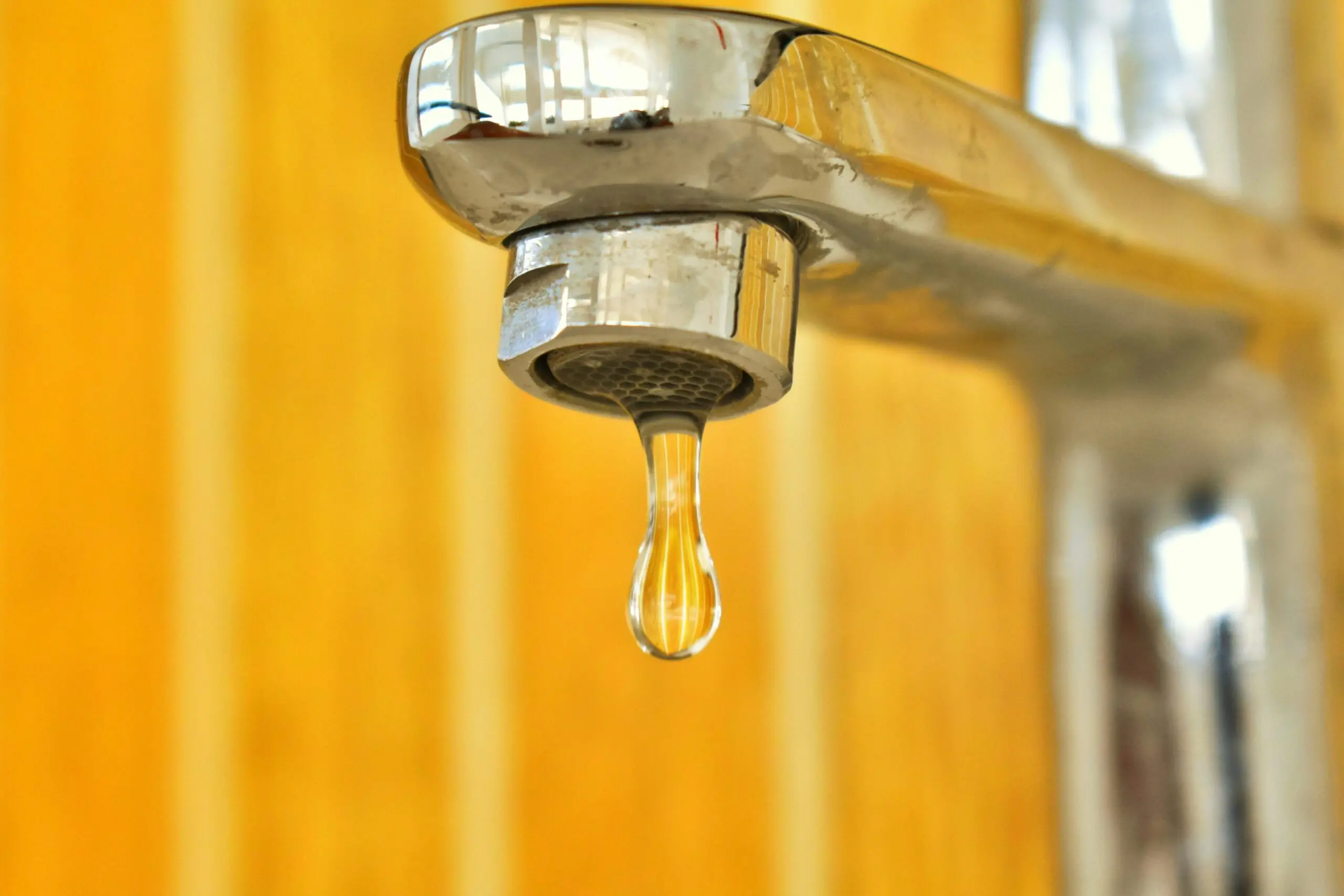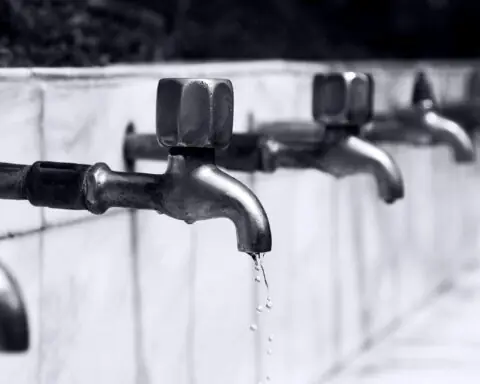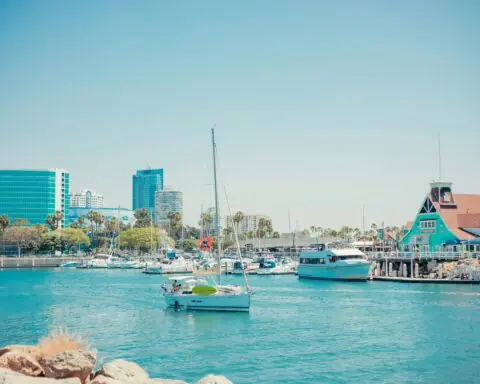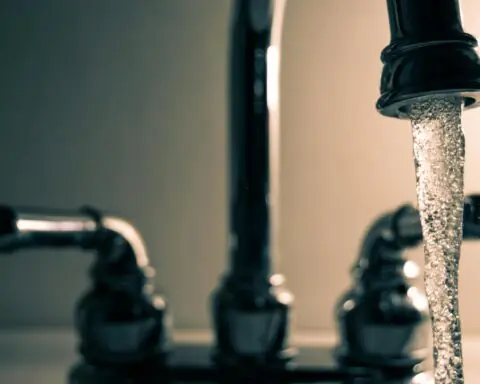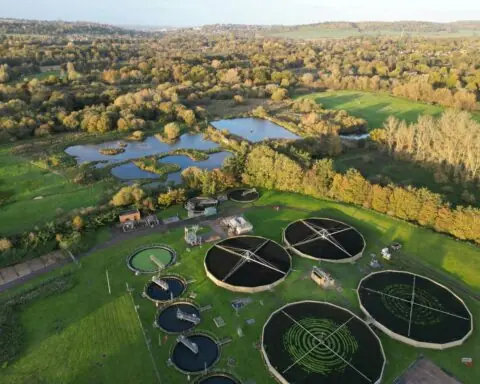The Massachusetts Clean Water Trust Board of Trustees approved over $33 million in new low-interest loans and grants at its meeting on June 11. The funds will support projects addressing water infrastructure across the state.
The trust, established in 1989, has delivered nearly $9.1 billion to water projects and programs since its creation, estimating that 97% of Massachusetts residents have benefited from its contributions.
The trust works in collaboration with the Massachusetts Department of Environmental Protection (MDEP) to help communities build or replace water infrastructure. MDEP provides low-interest loans to cities, towns and water utility providers through the Massachusetts State Revolving Funds (SRF). Eligible projects enhance ground and surface water resources, ensure the safety of drinking water, protect public health and develop resilient communities.
SRF programs are partnerships between the U.S. Environmental Protection Agency (EPA) and the Commonwealth of Massachusetts. The SRFs act as an environmental infrastructure bank which finances water infrastructure projects throughout the state.
This round of funding was granted to 15 projects across several water-related areas. Among the awarded funding, a nearly $2.5 million loan will support the 95 Lawrence Wastewater Treatment and Collection project.
The two highest-funded projects revolve around enhancing residents’ drinking water. $15 million was allocated to both the Chelmsford Water District for the Chelmsford Water District PFAS Treatment project and the town of Westford for the Forge Village & Nutting Road PFAS Treatment Upgrades project.
PFAS, also known as per- and polyfluoroalkyl substances, are a group of synthetic chemical compounds that have been used in consumer products since about the 1950s. PFAS are
found in the water, air, soil, and in fish, and exposure to them may be linked to harmful health effects, according to the EPA. Due to this risk, the EPA has a National Primary Drinking Water Regulation that establishes Maximum Contaminant Levels (MCLs). Since October 2, 2020, the state of Massachusetts has set its own MCLs to 20 nanograms per liter for six specific PFAS.
The awarded projects in this round of funding will advance the state’s efforts to improve water quality, enhance public health and reduce the levels that PFAS occur in Massachusetts water systems.
Photo by Nithin PA from Pexels



